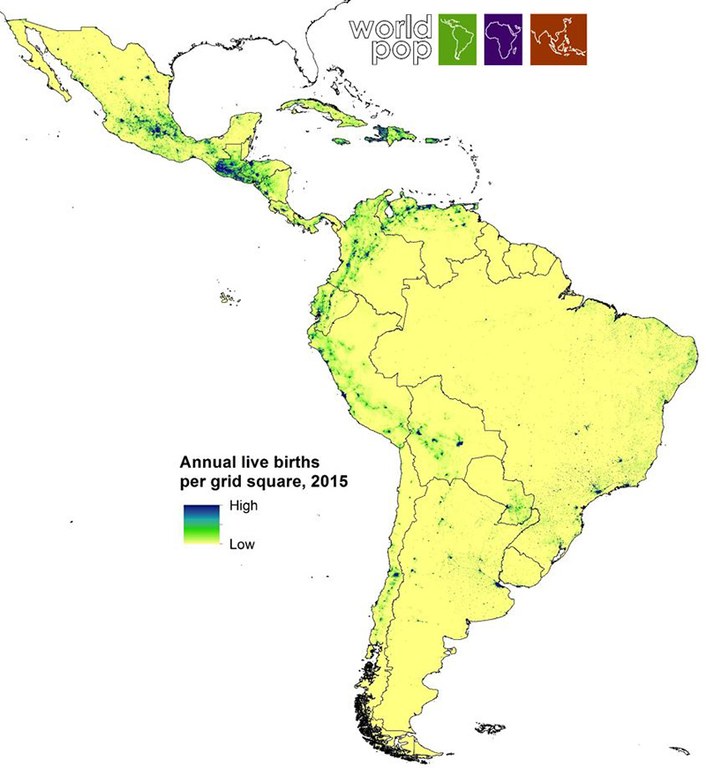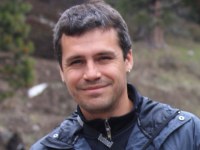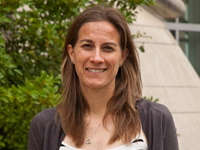Big data for a big impact
In the United States, census data is collected like clockwork every ten years. Population estimates, birth and death rates, the reach of a particular disease – these are all reliably reported. So when an issue like the spread of the Zika virus occurs, governments and aid organizations can pinpoint the people and places affected to best address the problem.
But in the developing world that data is scarce. Only around 12 of the 49 countries in sub-Saharan Africa held a census in the past decade, and in South America rural and indigenous populations are frequently omitted from census data.
That’s where Geography & Geosciences professors Andrea Gaughan, Forrest Stevens, and WorldPop come in. The WorldPop project, based at the University of Southhampton in England, generates open source human population maps with a focus on developing countries, useful for development agencies, academic research and community information. The maps provide detailed information for disaster relief planning, health studies, land use management, and a variety of other purposes. Gaughan and Stevens focus on statistical modeling and implementation, and are engaged in issues like disease burden estimation, disaster management, poverty mapping, and environmental impact assessment.
“This project provides an outlet for direct, impactful scientific work that is used in real time for various health and disaster relief efforts across the world,” Gaughan said. “That application aspect holds great appeal to me and Dr. Stevens, as the link between scientific research and on-the-ground application can sometimes be slow.”
A recent $2 million grant from the Bill & Melinda Gates Foundation aims to continue and expand the work of WorldPop. Gaughan and Stevens will receive $440,000 from the grant to scale up the modeling process to generate global gridded population maps for each year from 2000-2020.

A WorldPop map of numbers of pregnancies and births in 2015 in the Americas supports efforts tackling the Zika virus outbreak.
Watch an interview with Prof. Gaughan and Prof. Stevens as they discuss their research on UofL Today with Mark Hebert.


